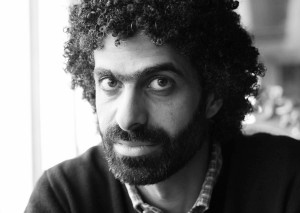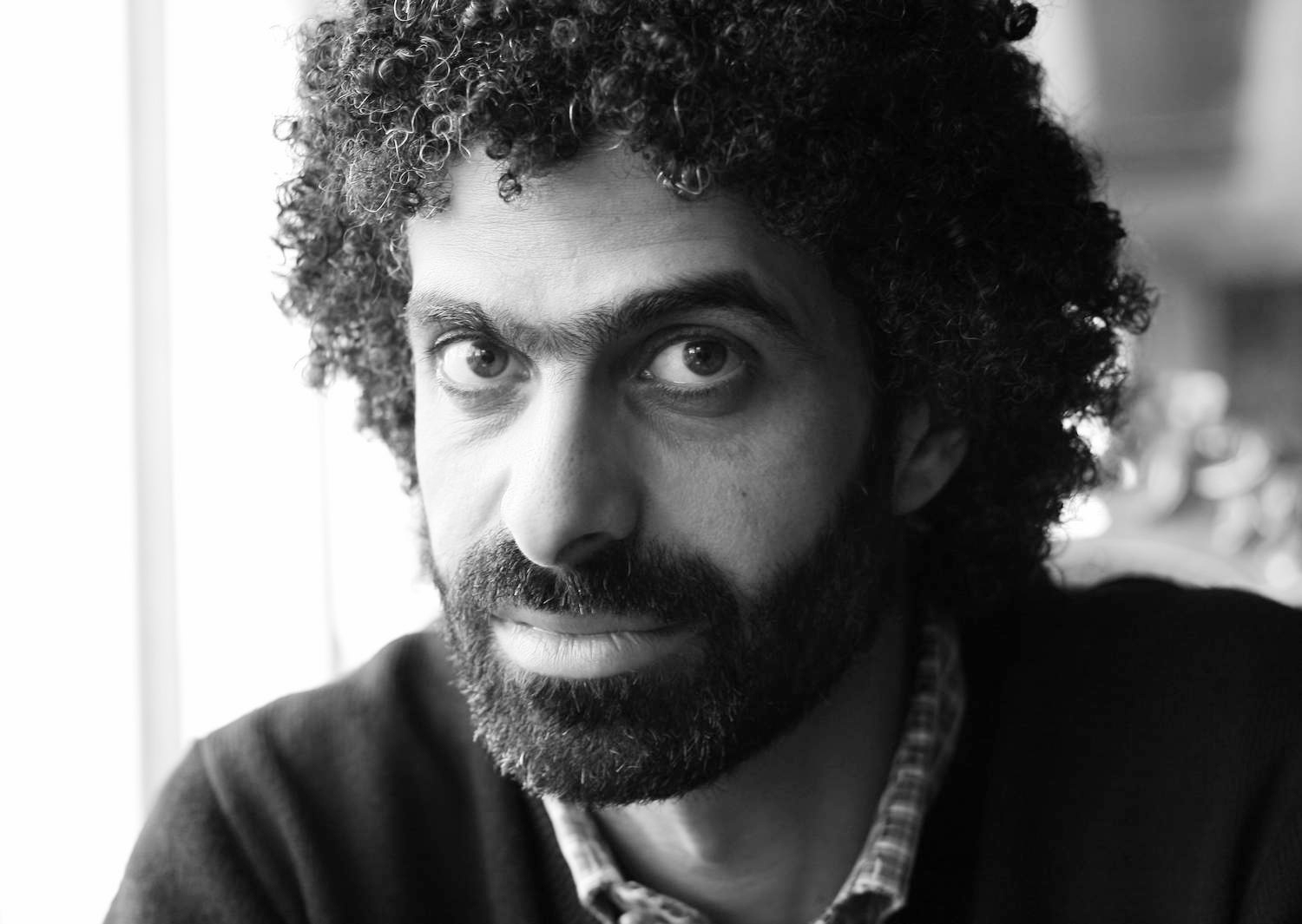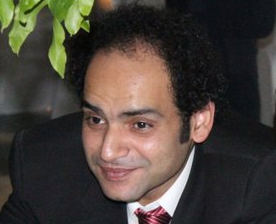
During the course of the past three weeks I spent in Europe, I engaged in conversations and sometimes arguments about Egypt’s current affairs with friends working in professions related in one way or another to Middle Eastern politics. Interestingly, in most of the encounters we were stuck in the dilemma of labelling what is currently happening in Egypt.
In a strange and confusing manner, my friends expressed subtle happiness that political Islamists are not in power anymore, however being advocates for democracy makes them obliged to reject any political change that does not come through ballot boxes. They are stuck, like most non-Egyptians, in the short-sighted dilemma of the two conflicting labels “legitimacy” versus “military coup”.
This war of labels is primarily played among four entities:
The military, which stepped in and reshaped the current political scene in Egypt by deposing an elected president, Mohamed Morsi, on 3 July following massive protests across the country.
The Muslim Brotherhood as well as some smaller Islamist groups, who strongly believe that deposing the first elected Islamist leader is a conspiracy by the military and the seculars against Islam, and consider it war on legitimacy.
The international community, that by default cannot repeat mistakes of the past and stand against democracy by supporting non-elected entities, which in this case is the Egyptian army.
And as always in the world of political games comes the most underestimated player: the people; the majority of the country’s active citizens headed to the streets on 30 June after 23 million signatures withdrew confidence from Morsi and Brotherhood rule.
I will not go into detail and bring up the argument of “is it a military coup or not?” According to stereotypical “formal democracy”, known and practiced in politically stable and “developed” countries, it is clearly a military coup.
I believe this term represents a very rigid perspective of democracy, one which severely disregards concepts of post-revolutionary transitions, ill-managed electoral processes and the power of the masses in an ongoing revolution.
However, we do have to deal with it as a military coup, as no democracy can develop under military rule (including the relatively smart ones that rule from behind a civilian curtain like in the Egyptian case.)
Adding to the complexity of the labelling dilemma, we have significantly underestimated the power of the highly dynamic masses. Yes, we do have to resist growing powers of any military, but at the same time we have to understand that it is more of a “revolutionary approximation”, in which the masses decided to appoint a new representative to lead change, more than being a simplistic military coup.
We also have to put revolutionary developments in context since 25 January 2011.
The absence of reliable revolutionary leadership made the masses delegate the old Supreme Council of the Armed Forces in 2011 to finalise the job. When the military messed up, the masses let the Brotherhood take their chance at leadership through what was meant to be democracy. When the Brotherhood conspired against the demands of the revolution, the masses thought the new military leadership might be a leader as well and they simply shifted support attempting to bring Morsi and the Brotherhood down. (Brecht De Smet, Ghent University)
Dynamics of mass mobilisations and popular uprisings cannot be interpreted or analysed under traditional contexts of formal democracy.
Simplistically calling the change in Egypt a military coup, either by Islamists and their supporters in Rabaa Al-Adaweya and Al-Nahda Square or by international players, entails a significant disrespect to 23 million citizen signatures against the Brotherhood’s rule; Morsi barely won the 2012 elections with only 12 million votes.
As for the question of legitimacy (a label and a slogan used by the Brotherhood to fight their last direct battle to keep as much as they can of political influence), it represents manipulation by the Brotherhood leaders and short-sightedness from international players.
Notwithstanding the violations of incitement and calling for violence before and after 30 June, legitimacy as a label could easily be stripped from the Brotherhood in their fight for power. One simple question within the context of formal democracy could do the job: isn’t voting for a president (Morsi) and having another one (the Supreme Guide of the Muslim Brotherhood Mohamed Badie) ruling the country considered a blunt violation of democratic foundations?
Between the mess of labels, interference by international players, manipulation by Brotherhood leaders to their own poor followers, unclear military agenda and social fascism on the rise, a long road is ahead of Egypt to reach stability, or even start a proper post-Mubarak transition.


